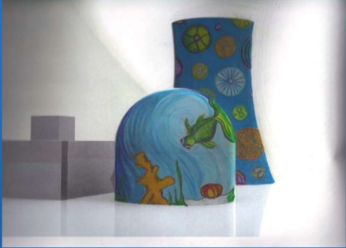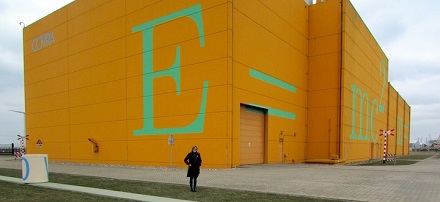Science-Based Science Communications: Surprising New Findings
Last week Dan Kahan, Harvard professor and member of the highly important Cultural Cognition Project, released his latest research about how scientific evidence impacts opinions. It was published under dim headlines such as Scientists' depressing new discovery about the brain and elicited equally defeated sounding tweets and Facebook posts from science communicators all over the globe.
Here are examples of corroborated findings, which offer insight into why many cringed to hear their worst fears confirmed:
- People who thought Weapons of Mass Destruction were found in Iraq believed the misinformation even more strongly when they were shown a news story correcting it.
- People who thought George W. Bush banned all stem cell research continued to think so even after they were shown an article saying that only certain federally funded stem cell work was stopped.
- People who said the economy was the most important issue to them, and who disapproved of President Obama's economic record, were shown a graph of nonfarm employment over the prior year-a rising line, adding about a million jobs. They were asked whether the number of people with jobs had gone up, down, or stayed about the same. Many, looking straight at the graph, said down.
- But if, before they were shown the graph, they were asked to write a few sentences about an experience that made them feel good about themselves, a significant number of them changed their minds about the economy. If you spend a few minutes affirming your self-worth, you're more likely to say that the number of jobs increased.
Perhaps I am just wired to be an optimist, and perhaps it's rooted in my own confirmation bias, but the thing that really jumped out at me was the very last finding, that when people reflected on a positive experience first, they became significantly more likely to accurately interpret the data in front of them. For me this is exceptionally good news, despite the broader finding that facts themselves do not easily change closely held opinions.
I've noticed that some in the nuclear industry find utilizing this type of social science in outreach efforts to be a forbidden form of voodoo. But I personally see no moral issue with making it a point to be positive and kind toward people in my outreach efforts, knowing that it improves the likelihood that they'll be more open to hearing factual information about nuclear energy. In my mind it is the ultimate win-win, because I just try to be nice to people in general. It even confirms recent advice I gave after a presentation when someone asked, "What is the most effective outreach technique you've discovered?" and I answered, "Being nice."
In addition, I want to point out that for very many people, viewing art is a very positive experience and that carefully designed public art at nuclear sites can act as a positive primer in learning about the technology. New public art projects would also likely be international news and excellent social media content, which could multiply that positive experience far beyond the site itself. While it may sound whimsical, it is supported by social science and would benefit the global industry.
While huge declarations about better communications are always coming from leaders of the nuclear industry, we need to take the next steps and figure out how exactly we do that. According to the folks at the World Health Organization and the World Nuclear Association, as an industry our communications failures are officially more deadly than our technical failures (scroll down to the September 9 announcement When words cause more harm than radiation)-so I think the issue deserves less lip service and a lot more action.
In close, I want to challenge nuclear supporters to be kind, and to try new approaches-focus on building relationships rather than trying to convince people that nuclear is the solution, or worse, trying to prove them wrong and yourself right (more on that: How to win every argument). It's time for the nuclear industry to take a science-based approach to communications, which means accepting that the facts alone are not enough.

_______________________
 Suzy Hobbs Baker is the executive director of PopAtomic Studios, a nonprofit organization that conducts educational outreach through the Nuclear Literacy Project. She is an ANS member and a frequent contributor to ANS Nuclear Cafe. Read her recent experiences traveling through Europe at Diary of a Nuclear Tourist - an initiative of the Nuclear Literacy Project
Suzy Hobbs Baker is the executive director of PopAtomic Studios, a nonprofit organization that conducts educational outreach through the Nuclear Literacy Project. She is an ANS member and a frequent contributor to ANS Nuclear Cafe. Read her recent experiences traveling through Europe at Diary of a Nuclear Tourist - an initiative of the Nuclear Literacy Project


